6 things that can go wrong when towing a camper around Australia and how to avoid it
Advertisement
Towing a camper trailer opens up a world of adventure, but it also adds an extra layer of complexity to your RV travels. From mechanical failures to handling issues, plenty of things can go wrong if you’re not properly prepared. The good news? A few key upgrades and some preventative maintenance can help keep you safe on the road. Let’s take a look at some common problems and how to avoid and prepare for them.
The problem: Diesel and petrol contamination can cause serious engine issues, especially when refuelling in remote areas where fuel quality may be questionable. Water and particulates in the fuel can clog injectors and lead to costly breakdowns.
The solution: Installing a Fuel Water Separator ensures that water and debris are caught before they reach your engine. This simple upgrade can prevent injector damage and keep your tow vehicle running smoothly, no matter where you top up your tank.
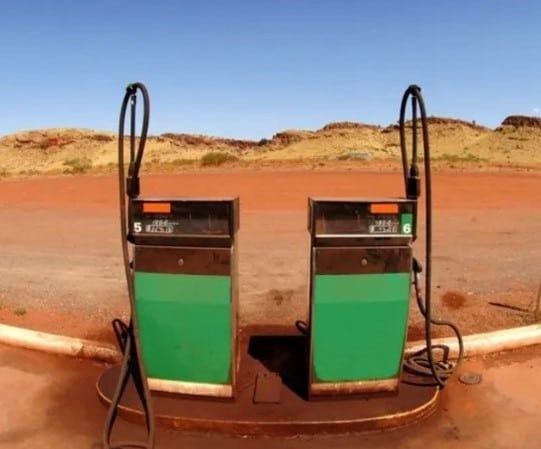
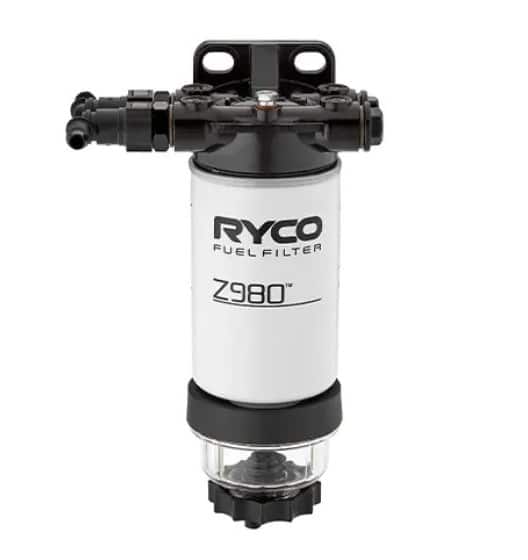
The problem: Brake fade can be terrifying, and towing a camper trailer or off-road caravan puts extra strain on your stock standard brakes. If you’re towing heavy with stock standards, your brakes are worn out, or they’re inadequate for the load, stopping in an emergency could be a real challenge.
The solution: Upgrading to fortified brake pads will improve stopping power and reduce brake fade, especially on long descents. Better yet, consider upgrading more than just the pads with an upgrade kit suitable for towing and off-road driving.
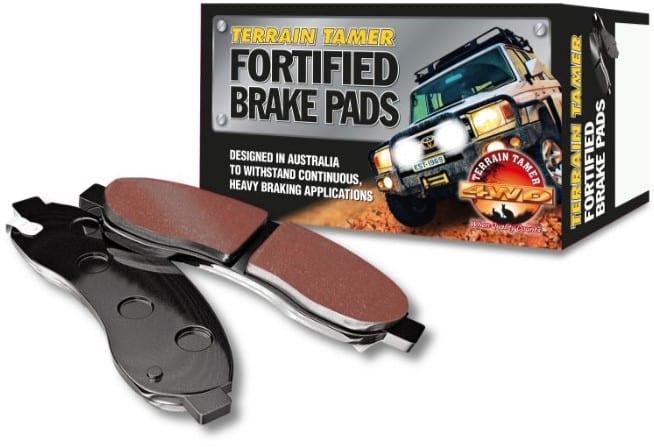
The problem: A fully loaded camper trailer or hybrid can place excessive weight on the rear of your tow vehicle, causing suspension sag. It’s easy to spot because the rear of your vehicle will be visibly lower, causing the vehicle to appear tilted upward at the front. This can cause poor steering response, increased braking distance, uneven tyre wear and overall instability. Basically, it can be really unsafe.
The solution: Upgrading to a heavier-duty suspension can help your vehicle maintain its ride height and improve handling under load. Seasoned outback travellers Grant and Linda Hanan switched to heavier duty Parabolic Leaf Springs; read their review and why they did it here.
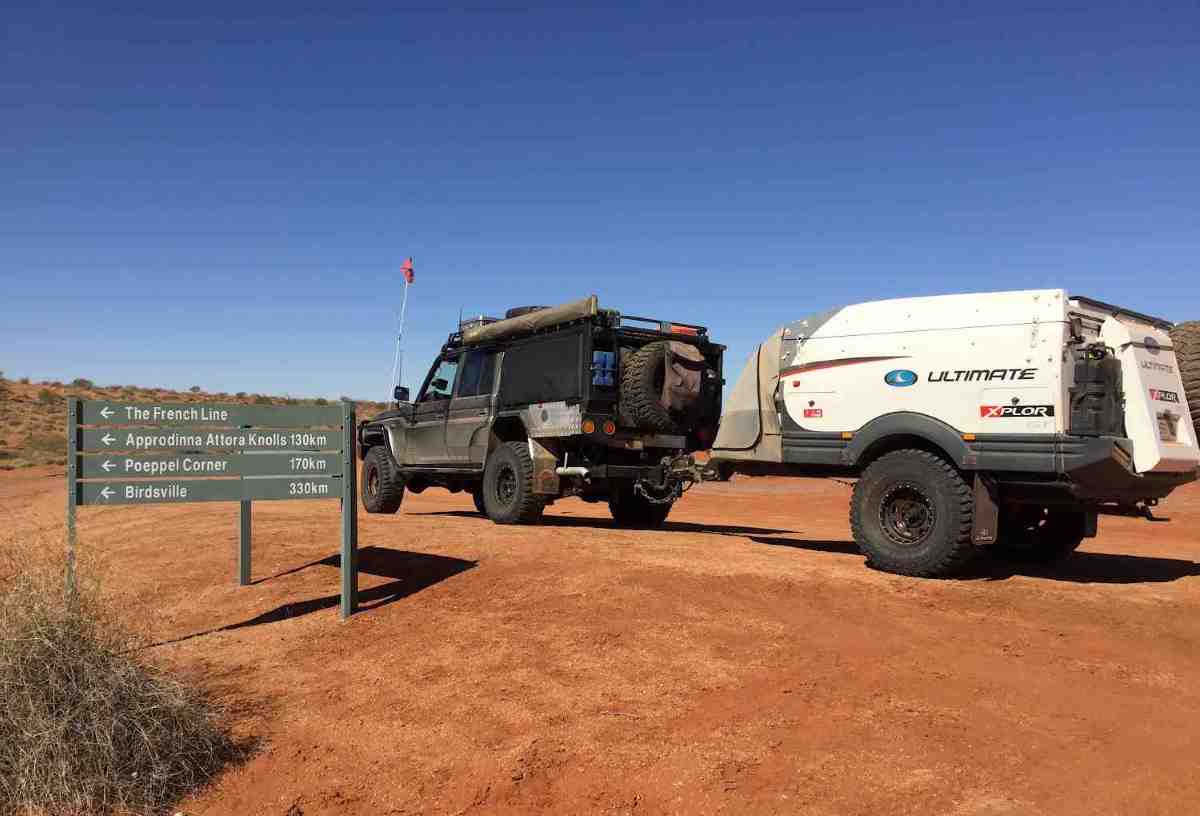
The problem: It’s no secret that engines hate excess heat and towing a heavy camper places extra strain on your engine, especially when driving in hot conditions or over long distances. Overheating is one of the quickest ways to damage your engine and it’s not uncommon for repairs to be in the five figures. Ouch!
The solution: There are a number of culprits here and, therefore, a number of solutions, but ensuring your vehicle’s cooling system is in tip-top shape before you leave will go a long way to preventing overheating before it starts. Read our article on 8 things to do when your engine overheats for a rundown of what commonly goes wrong with your cooling system so you know what to look for.
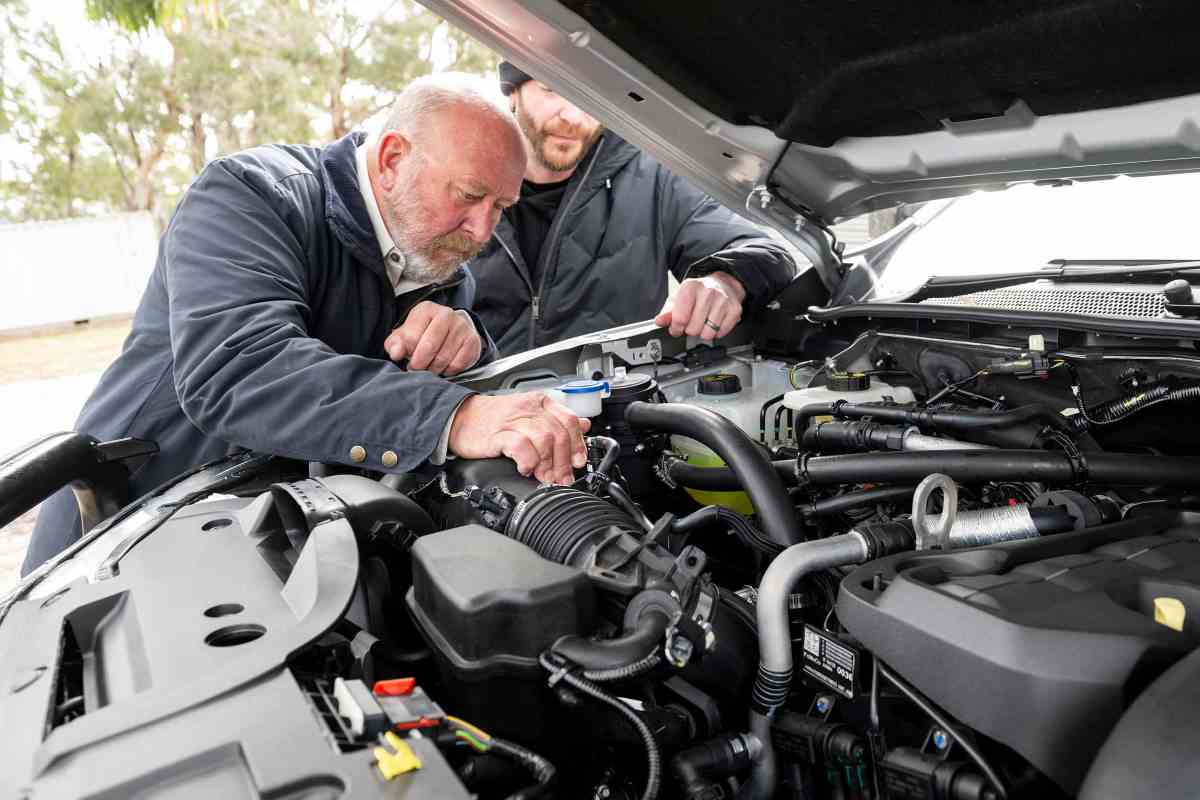
The problem: Whether you’re pulling into a bush campsite or tackling a soft beach track, towing off-road requires extra know-how when it comes to both driving and recovery.
The solution: Carrying recovery gear is essential, but preparation is key to preventing this problem. If you don’t have much experience driving off-road or towing off-road, swallow your pride and do a 4WD or towing course to level up your skills. You’ll also need to ensure your vehicle is up to the job of towing off-road.
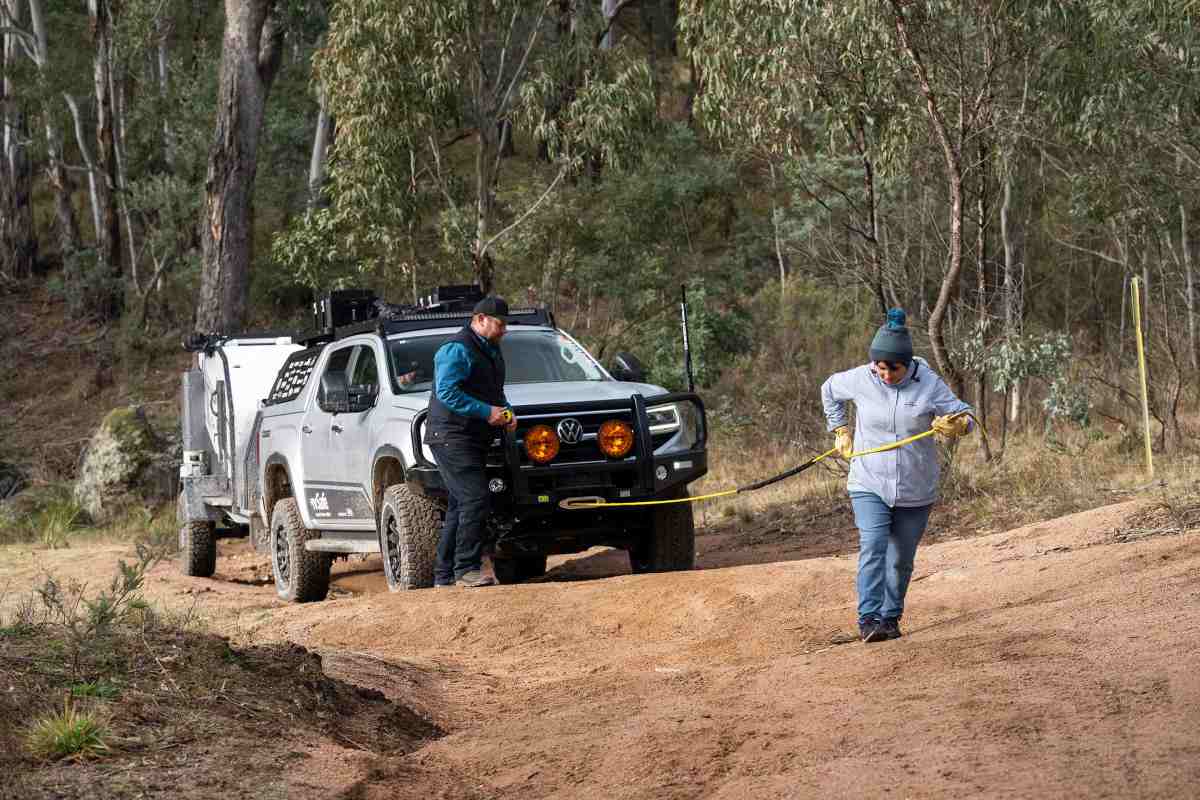
The problem: Towing a camper or off-road caravan significantly increases fuel consumption.
The solution: It is what it is, but there are some ways to help, such as regular servicing, replacing your air filters on the road when required, keeping your tyres at the correct pressure, and reducing weight. These can all contribute to better fuel economy. Additionally, driving smoothly and avoiding aggressive acceleration will help stretch your fuel further. Read our 7 tips to increase fuel economy for more ideas.
In episode four of Are You RV Safe?, the crew learnt how to change their vehicle’s air filters on the road:
Towing a camper trailer comes with its own set of challenges, but with the right upgrades and regular maintenance, you can avoid the most common pitfalls. Before your next trip, take the time to check over your setup and make any necessary upgrades—it could make all the difference between a smooth journey and a roadside disaster.